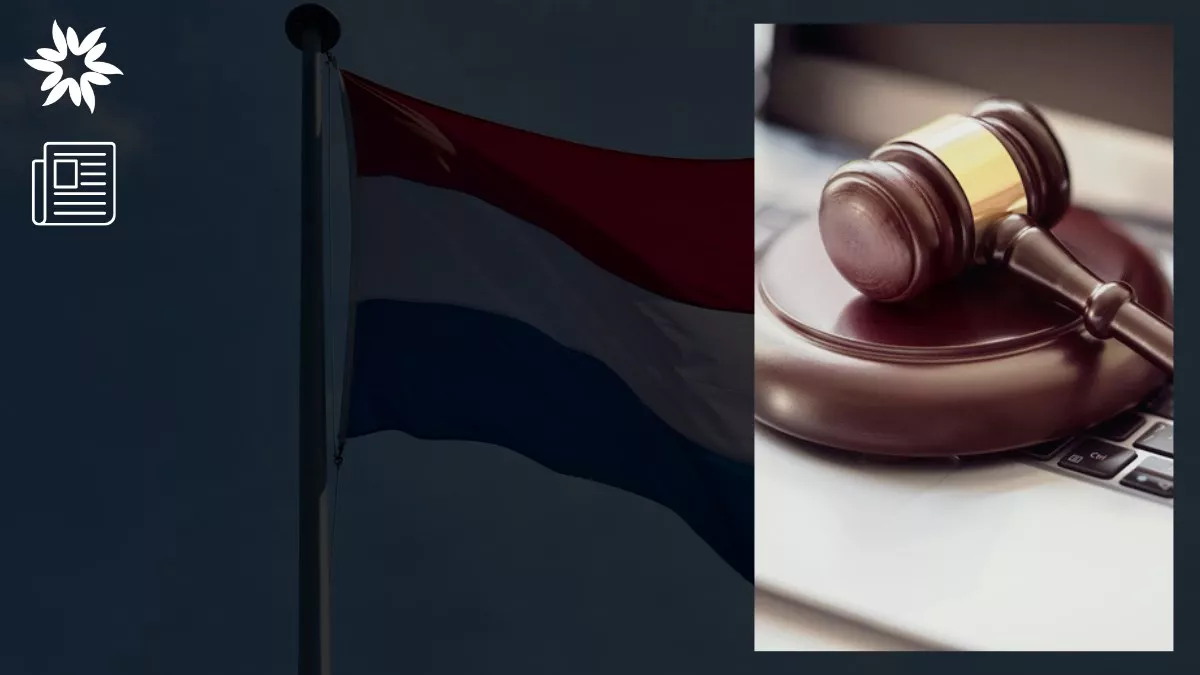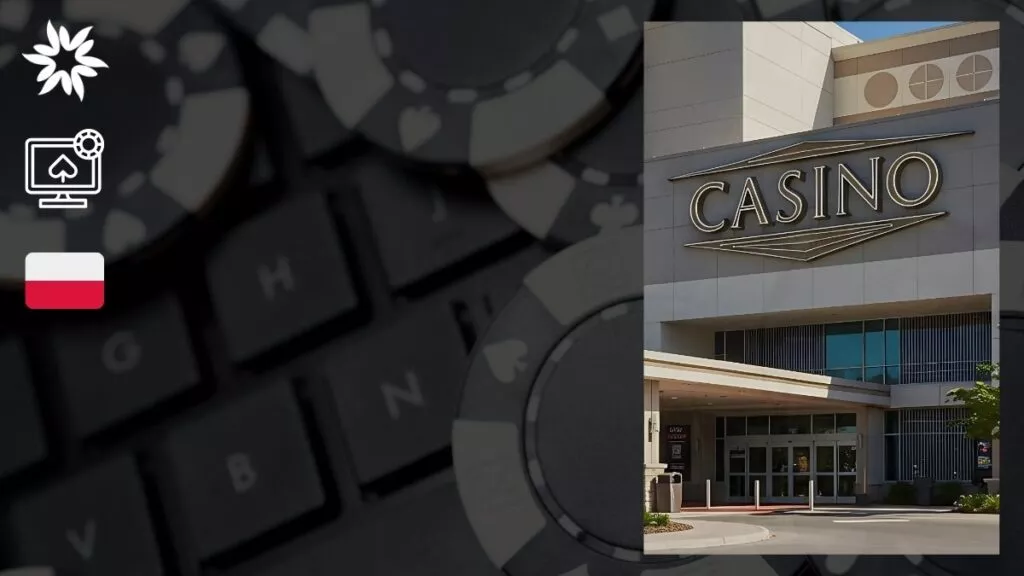The Dutch gambling regulator, Kansspelautoriteit (KSA), has announced a new system to deal with rule-breaking in the Netherlands’ gambling industry.
Starting on January 2, 2025, the system aims to make sure gambling laws are followed more strictly.
The fines are split into five levels, each with a maximum penalty.
The KSA uses a detailed nine-step process to decide the amount of a fine, a major step in keeping control of the fast-growing gambling market.
Here’s everything you need to know about this new system, how penalties will be applied, and what it means for gambling operators.
Key Takeaways
- The Dutch Gambling Authority (KSA) now has a five-level fine system. Fines start at €500 for minor issues and can reach €4 million or more for serious violations, like breaking anti-money laundering rules.
- The KSA uses a nine-step process to decide on fines. It considers factors like the severity of the issue, whether it’s a repeat offense and the company's size. Larger companies could face fines of up to 100% of their yearly revenue.
- The new rules are designed to stop illegal gambling, keep players safe, and ensure fairness as the Dutch online gambling market grows.
How the Penalty System Works
The KSA’s new fines system applies to both online and land-based gambling operators in the Netherlands and is aimed at all gambling operators and providers.
The new approach divides penalties into five categories, with fines starting as low as €500 and going up to €4 million for the most serious offenses.
Here’s a breakdown of the fine categories:
- Category 1: Basic fines of up to €500. These are for the smallest violations.
- Category 2: Fines can go up to €10,000.
- Category 3: These violations attract penalties of up to €200,000.
- Category 4: Offences in this category can lead to fines as high as €1 million.
- Category 5: The most severe category. Fines start at €2 million and can go beyond €4 million, especially for breaches involving the Anti-Money Laundering and Anti-Terrorist Financing Act (Wwft).
For certain Category 4 violations, fines could also be linked to the offender’s gross turnover.
Not to mention, operators may sometimes face fines of up to 3% of their total revenue.
The Nine Steps to Decide Penalties
The KSA follows a straightforward nine-step plan to ensure fair and consistent fines.
Here’s how it works:
- Base Fine: The KSA begins with a basic amount for the fine, depending on the category.
- Repeat Offenders: The fine can be doubled if the operator has committed the same offense before.
- Seriousness of Offence: Depending on the severity of the case, the fine can increase or decrease by up to 50%.
- Blame Assessment: If the operator is directly responsible for the offense, the fine could rise by 50%. If there are mitigating circumstances, it may be reduced by 50%.
- Operator Size: The fine is linked to the operator’s annual gross turnover:
- Less than €1 million: 10% of turnover.
- €1 million–€2.5 million: 20% of turnover.
- €2.5 million–€5 million: 40% of turnover.
- €5 million–€7.5 million: 60% of turnover.
- €7.5 million–€10 million: 80% of turnover.
- Over €10 million: 100% of turnover.
- Special Circumstances: The KSA considers any special factors that may affect the fine, such as unique challenges faced by the operator.
- Multiple Offences: If the operator committed several violations, the fines are reviewed to ensure they are proportional to all offenses.
- Further Increases: In severe cases, the KSA may increase the penalty beyond the calculated amount.
- Financial Capacity: The KSA may allow a payment plan if the offender has financial difficulties. However, the fine itself will not be reduced.
Why This New System Was Introduced
The Dutch gambling market has undergone major changes since 2021, when the country opened its regulated online gambling sector.
KSA chairman Michel Groothuizen explained that the regulator has gained enough experience over the past few years to create this comprehensive policy.
He said the goal is to provide clarity for operators while motivating them to comply with the law.
Groothuizen also pointed out that the updated system reflects the growing professionalism of the KSA.
With this policy, the KSA hopes to deter violations and protect consumers in a rapidly growing market.
Recent Penalties and Enforcement Actions
The KSA hasn’t been shy about enforcing its rules.
In 2024, the regulator imposed hefty fines on several operators, including unlicensed companies providing illegal gambling services in the Netherlands.
One high-profile case involved Alimaniere Sociedad De Responsabilidad Limitada, a Curaçao-licensed operator.
In January 2025, the KSA fined Alimaniere €1 million for offering illegal gambling services to Dutch players without a license.
This was the second penalty for the operator in just two months.
In November 2024, Alimaniere was fined €140,000 per violation, up to €420,000, for operating the website Time2spin.com.
Even after receiving warnings and shutting down that site, the operator continued illegal activities through another platform, Timetospin1.com.
The KSA decided to impose a much higher fine because the company showed no signs of complying with Dutch laws.
Some reasons behind the steep penalties included:
- Lack of age verification, allowing minors to gamble.
- Offering prohibited autoplay options.
- Charging user’s inactivity fees for unused accounts.
Groothuizen explained the importance of a safe and legal gambling market, saying illegal operators often ignore measures meant to prevent risky gambling behavior.
Future Updates to Gambling Laws in the Netherlands
This new penalty system is just one part of the Netherlands’ evolving gambling policies.
In December 2024, Legal Protection Minister Teun Struycken announced plans to further refine the country’s gambling laws.
Struycken is particularly focused on the land-based market, where Holland Casino currently holds a monopoly.
House member Michiel van Nispen has raised concerns about the lack of competition in the land-based sector and suggested opening the market to more operators.
Struycken plans to present updated gambling policies by March 2025, which may include measures to encourage fair competition.








